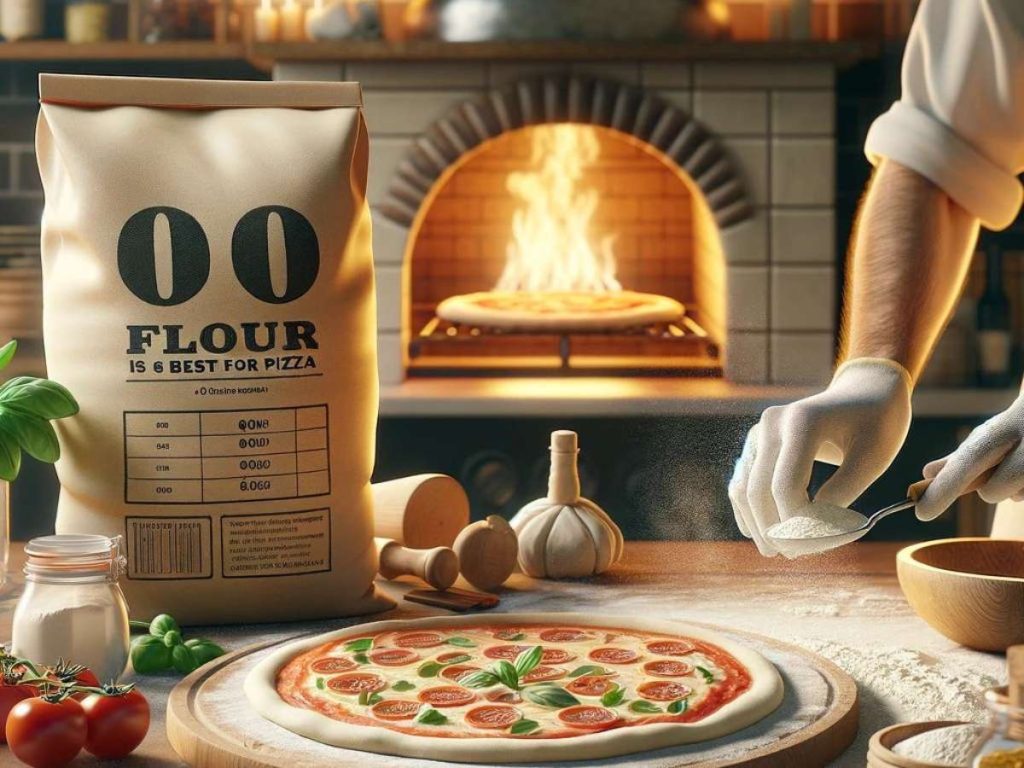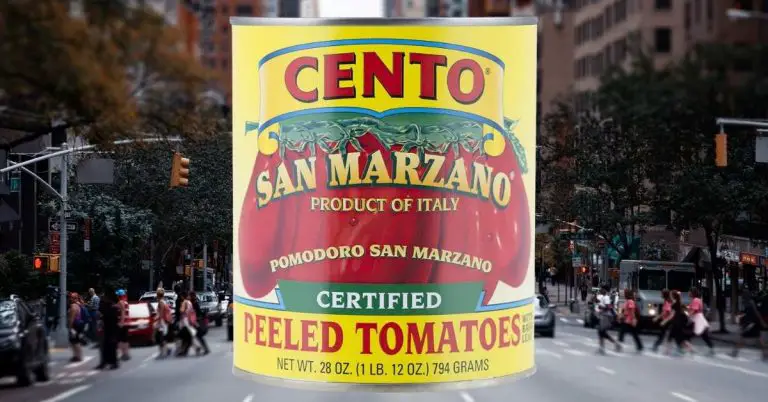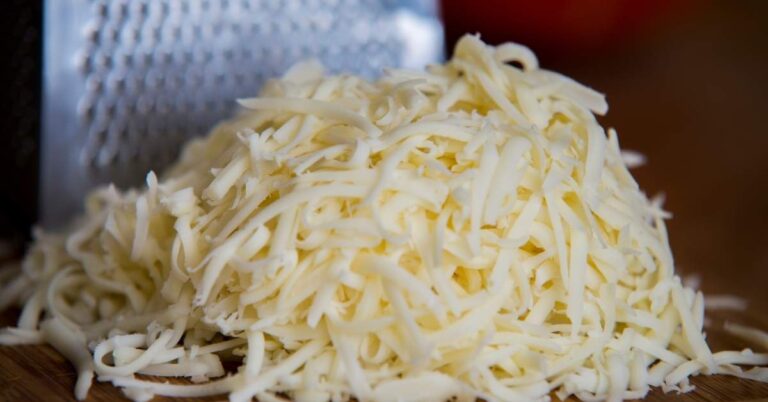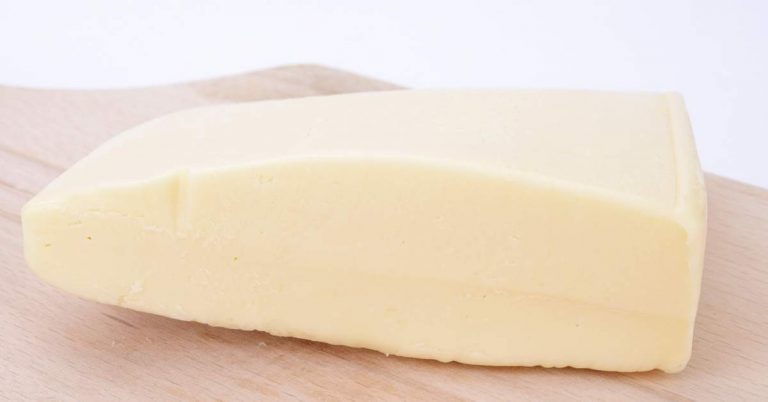Why 00 Flour is Best for Making Pizza: The Perfect Balance of Protein and Gluten
If you’re researching your next pizza recipe, you may have come across 00 flour, or “pizza flour”. This type of Italian flour is widely considered ideal for making pizza, but what makes it so different from regular flour you find at almost any store?
00 flour is considered the best for making pizza because of its fine texture and ideal gluten content. This combination gives pizza dough the perfect balance – it’s easy to stretch and shape into a thin, light crust. The result is a pizza that’s crispy on the outside yet soft and airy on the inside.
Plus, 00 flour performs exceptionally well in high temperatures, ideal for traditional pizza ovens. It creates that authentic Italian pizza experience – crispy, light, and delicious.
| Flour Type | Benefit of Using High-Protein 00 Flour | Reason Why |
|---|---|---|
| All-Purpose Flour | Finer Grain Size and Softer Dough | High-protein 00 flour has smaller, finer grains, creating a smoother and softer dough than the coarser grains of all-purpose flour. |
| Bread Flour | Balanced Elasticity and Lighter Crust | 00 flour is made from softer grains with less gluten, leading to a crust that’s lighter and less chewy than bread flour, ideal for a delicate pizza crust. |
| Pastry Flour | Superior Gluten Structure for Pizza | High-protein 00 flour provides a better gluten structure than pastry flour, which is too delicate and lacks the necessary protein for the ideal pizza dough elasticity. |

The Ideal Texture: Why 00 Flour Makes Superior Pizza Crust
The texture of your pizza crust can make or break your pizza experience. Nobody wants a crust that’s too tough or resembles a frozen pizza from the local supermarket.
That’s where 00 flour comes in. Its finely milled texture is not just a marketing point, it leads to a pizza crust that’s soft yet capable of that coveted slight crunch. This is part of what makes 00 flour among the best flours for making pizza.
But why does this matter? Well, in the world of pizza making, the dough’s stretch, elasticity, and how thin you can make it without tearing is a big deal. 00 flour, with its fine texture, makes the dough easier to stretch and shape.
You can stretch out 00 pizza dough thinner than you ever thought possible without tearing, creating a crust that’s light and airy on the inside yet crispy on the bite. This isn’t just some happy accident, it’s the result of the unique characteristics of 00 flour.
Keep in mind, when we’re discussing flour here, I’m assuming you’re using a premium 00 flour brand like Caputo. You can read about the differences between Caputo 00 flour varieties here.
Protein Content and Gluten Structure: The Science Behind 00 Flour’s Pizza Content
When it comes to pizza dough, protein content isn’t just a term thrown around by chefs. It’s actually crucial.
00 flour typically has a protein content hovering around 12 to 12.5%, which is ideal for that traditional pizza we’re all aiming to recreate in our home kitchens. This level of protein content is like the sweet spot for developing just enough gluten to give the dough structure, without making it too tough.
Speaking of gluten content, it’s a bit like the backbone of your pizza dough, determining how it behaves when you stretch and bake it. With 00 flour, the gluten content is is perfectly balanced, leading to a more manageable dough that’s easier to work with.
You don’t need a degree in food science to know that this means less hard labor in the kitchen and more time enjoying your creation. The gluten structure you get with 00 flour is not overly complex; it’s just right for that soft, stretchy dough that results in a thinner, lighter crust.
00 Flour in High-Temperature Baking: Perfect for Pizza Ovens
Some flours don’t do well under extreme heat, but that’s not an issue with 00 flour. 00 pizza flour is ideal when it comes to high-temperature baking, which is a big deal if you’re trying to replicate that authentic Italian pizza experience.
In a traditional pizza oven, which can reach incredibly high temperatures, 00 flour doesn’t just survive; it thrives. The result? A crust that’s got that perfect char without being burnt to a crisp.
But it’s not just about surviving high temperatures, it’s about how the flour reacts inside that blazing oven. 00 flour has the unique characteristic of creating a crust that’s crispy on the outside but remains wonderfully soft and airy inside.
This isn’t something you can achieve with just any flour. It’s a specific quality of 00 flour, one that makes all the difference between a pizza that’s just okay and one that has you feeling like you’re dining in a quaint Italian pizza.
Related Post: Best pizza ovens for making pizza at home
Comparing 00 Flour to Other Flours in Pizza Making
Let’s compare 00 flour side by side with its competitors. Take bread flour, for instance. It’s often used as a substitute, and sure, it’s got a higher gluten content. But higher isn’t always better.
With bread flour (because of the harder wheat it’s made from), you might end up with a crust that’s chewier than you expect – great for bread, maybe not so much for pizza. And then there’s the all-purpose flour, the jack-of-all-trades in the kitchen. It’s okay, but when it comes to pizza, ‘but the crust often comes out lifeless and dense.
Here’s the thing – each type of flour brings something different to the table. Whole wheat adds a nutty flavor, sure, but it can also make your crust denser than you’d like. Bread flour can give your pizza a bit more body, which might be good for some, but it often leads to a heavier crust.
00 flour, on the other hand, strikes this perfect balance. It gives you a crust that’s light yet flavorful, thin yet not too brittle. Personal preference plays a role, of course, but with 00 it’s all about what works best for a traditional pizza experience.
Pros and Cons: Weighing the Benefits of 00 Flour in Pizza Recipes
We love using 00 flour for pizza, but there are pros and cons to be aware of.
Starting with the pros – the texture of 00 flour crust is unmatched . You get that classic, thin, crispy crust with a soft, airy interior. It’s also incredibly easy to stretch, which means less frustration in the kitchen. And, in high-temperature ovens, 00 flour is unbeatable, giving you that authentic, Italian-style Neapolitan pizza.
But let’s not overlook the cons. For starters, 00 flour can be more expensive than your regular flours. Also, if you’re using a regular home oven at lower temperatures, you might not get the full benefits that 00 flour offers without adding sugar or diastatic malt. That said, we use 00 flour in regular home ovens all the time with great results.
So, while 00 flour is often hailed as the best for pizza dough, it’s not without its limitations. However, many find that its advantages far outweigh the downsides, especially when they’re after that traditional pizza crust texture and quality.
| Pros of High-Quality 00 Flour | Cons of High-Quality 00 Flour |
|---|---|
| Superior Texture for Pizza Crust: Creates a fine, smooth texture ideal for pizza crust. | Cost: Generally more expensive than other common flours. |
| Optimal Gluten and Protein Balance: Higher gluten and protein enhance dough elasticity, perfect for a light, airy, yet chewy crust. | Availability: Might not be easily found in all stores, unlike more common flours. |
| Better Crispiness in High Heat: Performs exceptionally in high temperatures, yielding a perfectly crisp exterior with a soft interior. | Harder for Beginners: 00 flour dough can be wetter than others, which might be hard to handle for some. |
| Authentic Italian Pizza Experience: Aligns with traditional Italian pizza methods for an authentic taste and feel. | Specific to Pizza: Optimized mainly for pizza, not as versatile for other baking needs compared to all-purpose or bread flour. |
Final Thoughts: Why 00 Flour is the Solution for Home Pizza Makers
So there you have it. When you’re on the hunt for the best flour to make that dream pizza crust, 00 flour stands out as the top contender. Sure, it may be a bit more expensive, and yes, it might not show its full potential in a standard home oven, but the quality of the crust it produces is hard to beat.
It’s about getting that perfect balance of crunch and softness, flavor and texture, that makes your pizza feel like it’s straight out of an Italian pizzeria.
Remember, the right flour can make or break your pizza experience. 00 flour, with its finely milled texture, ideal protein and gluten content, and superior performance in high temperatures, is an obvious solution for those seeking to make traditional pizza at home.
In the end, it’s all about what you’re looking for in your pizza. And if what you’re after is a crust that’s thin, light, and deliciously crispy, then 00 flour is your best bet.







Hi Domenic,
Thanks for a wonderful share which I learned so many things.
I am a beginner and hope to make good pizza some day!
I was inspired after having a pizza from a local restaurant. The chef stayed in Italy for few months to learn the craft. I am really amazed and delighted to understand what a pizza should be and I am learning to know how to make it right.
Best wishes & thank you!
Hi, Rachel. So glad you enjoyed the post.
Pizza really is an art form. There’s a reason why it’s among the most popular foods in Italy and around the world.
If you ever have any questions about making pizza, feel free to get in touch.
Cheers!
Domenic